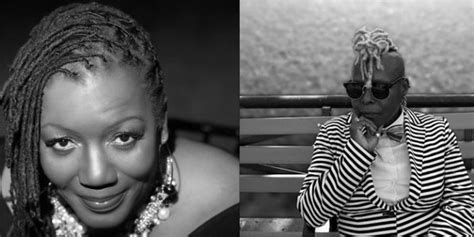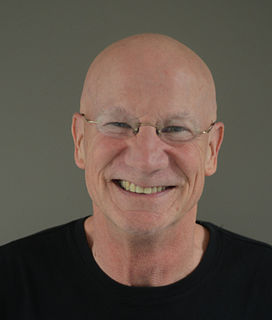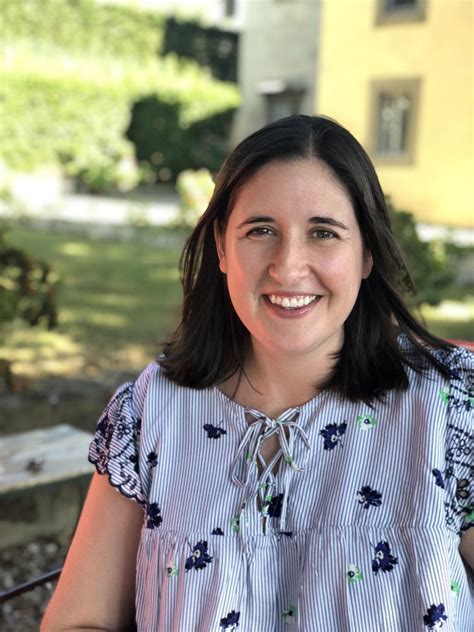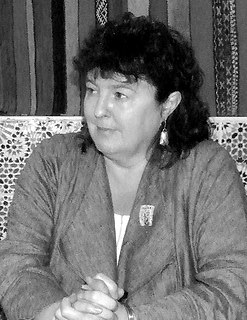A Quote by Jeanette Winterson
I believe in fiction and the power of stories because that way we speak in tongues. We are not silenced. All of us, when in deep trauma, find we hesitate, we stammer; there are long pauses in our speech. The thing is stuck. We get our language back through the language of others. We can turn to the poem. We can open the book. Somebody has been there for us and deep-dived the words.
Related Quotes
Entranced by the denotative power of words to define, to order, to represent the things around us, weve overlooked the songful dimension of language so obvious to our oral [storytelling] ancestors. Weve lost our ear for the music of language -- for the rhythmic, melodic layer of speech by which earthly things overhear us.
I try to write each piece in the language of the piece, so that I'm not using the same language from piece to piece. I may be using ten or twenty languages. That multiplicity of language and the use of words is African in tradition. And black writers have definitely taken that up and taken it in. It's like speaking in tongues. It may sound like gibberish to somebody, but you know it's a tongue of some kind. Black people have this. We have the ability as a race to speak in tongues, to dream in tongues, to love in tongues.
There are a lot of voices inside of us. We have the voices of our parents, our grandparents, our society, our bosses, our own should's and shouldn'ts, and our self-worth is in us, controlling us a lot. When we can get past all of those, and get to the deep, core part of us, there's a voice within our soul that I believe is connected to our Divine or Higher Self. That voice within is there to guide us through all aspects of our lives.
Encourage others each and every day-nothing's more important than our words. Did you know that, on average, each of us speaks about twenty-five thousand words daily? My last book didn't have that many words. A lot of language is flowing out of our mouths every day and having an impact on those around us. But how much of that flow is fulfilling God's intended purpose for our speech? How much of it reflects pride, rather than a gospel-motivated humility?
Music. – There is something very wonderful in music. Words are wonderful enough: but music is even more wonderful. It speaks not to our thoughts as words do: it speaks straight to our hearts and spirits, to the very core and root of our souls. Music soothes us, stirs us up; it puts noble feelings into us; it melts us to tears, we know not how: – it is a language by itself, just as perfect, in its way, as speech, as words; just as divine, just as blessed.
It has not been definitively proved that the language of words is the best possible language. And it seems that on the stage, which is above all a space to fill and a place where something happens, the language of words may have to give way before a language of signs whose objective aspect is the one that has the most immediate impact upon us.
You are worthy! Let those words sink deep into your heart. You are worthy. Life can get overwhelming for us, as our busy schedules keep us on our toes. Sometimes we forget that we need to intentionally slow down, take a deep breath, and remind ourselves of our purpose, the very foundation of why we do what we do. When we neglect to quiet our souls and rest in God's amazing grace, we miss out on the intimate opportunities where God assures us of our worthiness, clarifies our purpose, and strengthens us to endure each day.
Writing engenders in us certain attitudes toward language. It encourages us to take words for granted. Writing has enabled us to store vast quantities of words indefinitely. This is advantageous on the one hand but dangerous on the other. The result is that we have developed a kind of false security where language is concerned, and our sensitivity to language has deteriorated. And we have become in proportion insensitive to silence.
The storyteller is deep inside everyone of us. The story-maker is always with us. Let us suppose our world is attacked by war, by the horrors that we all of us easily imagine. Let us suppose floods wash through our cities, the seas rise . . . but the storyteller will be there, for it is our imaginations which shape us, keep us, create us - for good and for ill. It is our stories that will recreate us, when we are torn, hurt, even destroyed. It is the storyteller, the dream-maker, the myth-maker, that is our phoenix, that represents us at our best, and at our most creative.
This word "LOVE" - discredited, "clicheed" - can be restored and love, the instinct, the impulse to care for somebody in the hope that somebody will care for you - plus our language, the language, a language - is about all we have. With everything else going on, this is what makes us, what keeps us human.
We will continue our journey to our destination of peace and education. No one can stop us. We will speak up for our rights and we will bring change to our voice. We believe in the power and the strength of our words. Our words can change the whole world because we are all together, united for the cause of education. And if we want to achieve our goal, then let us empower ourselves with the weapon of knowledge and let us shield ourselves with unity and togetherness.






































